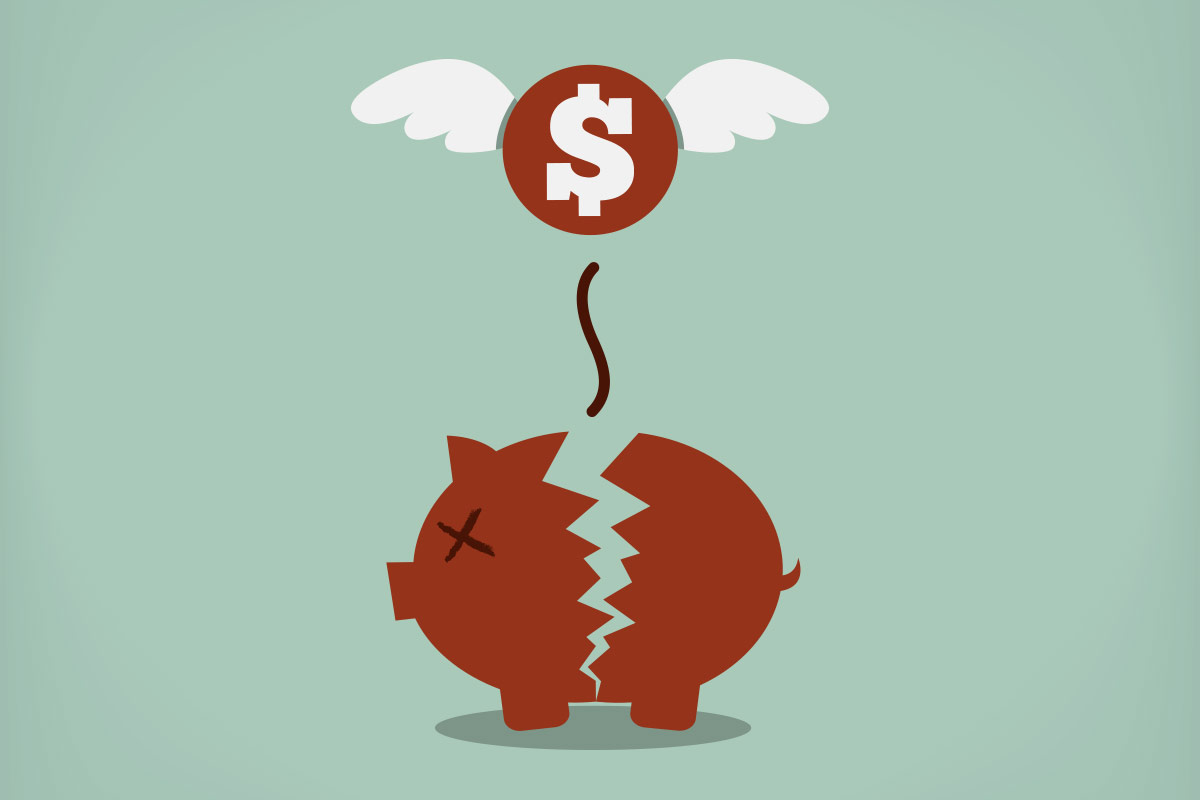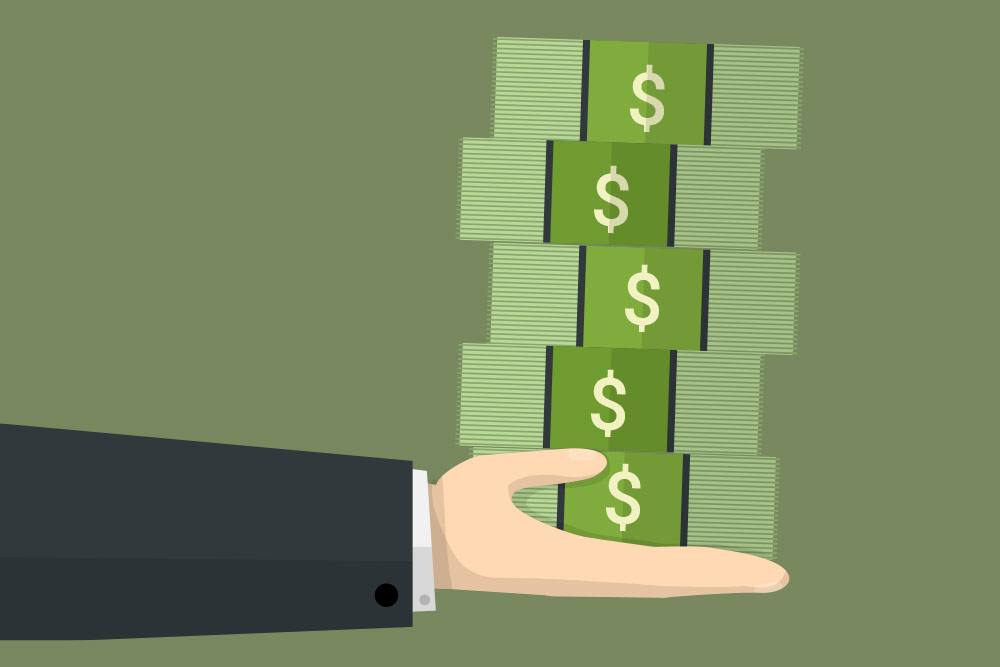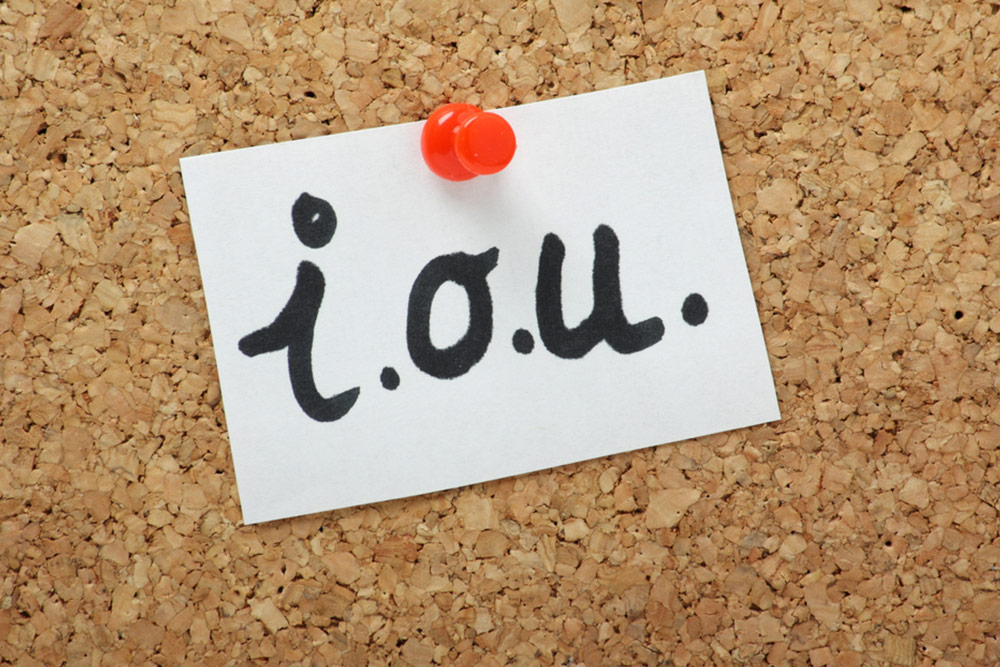About Bankruptcy

Bankruptcy
Bankruptcy is a legal process through the Federal Court that can clear away most of your debts (there are some exceptions), stop any further legal action by lenders and give you a fresh start, free of the burden of unmanageable debts.
Bankruptcy can be one of many solutions to debt problems for people who are insolvent – meaning that they have insufficient income to meet the required payments on their debts and insufficient assets to sell to pay the debts.
It is important to seek what options are available to you from a free and confidential financial counsellor if you are considering bankruptcy.
During bankruptcy (usually three years and one day), a trustee is appointed to oversee your finances and assets and to determine if anything can be acquired to repay your debts. The Trustee can order the sale of your assets including your house, car and valuables to repay creditors. During bankruptcy you are limited in the amounts you can save and earn before the trustee takes a slice to repay your debts. See consequences of bankruptcy for further information.
Bankruptcy comes with limitations. You need to understand these limitations and how they might impact your particular circumstances and whether there are other options. Information about this can be found on the AFSA website here or make an appointment with a Financial Counsellor to discuss your situation in detail.
Voluntary vs Involuntary Bankruptcy
You can apply to become bankrupt as a ‘debtor’ if your debts cannot be paid. This is Voluntary Bankruptcy. You should seek detailed information from a Financial Counsellor to help you determine if Voluntary Bankruptcy is right for you.
An Involuntary Bankruptcy is when a creditor takes legal action – a Creditors Petition or Sequestration Order - to force a debtor into Bankruptcy over outstanding debts of at least $10,000.
If you are threatened with an Involuntary Bankruptcy, you need to seek legal or financial counselling help immediately, particularly if you have assets that might be at risk.
Bankruptcy does not wipe out all debts. See the Australian Financial Security Authority (AFSA) website for further details.
Also, where debts are joint, the other party will, in most cases, still be pursued by the lender after you are made bankrupt. Where debts are secured, you may be able to keep the asset, depending on its actual value, but will be required to continue paying the debt.




